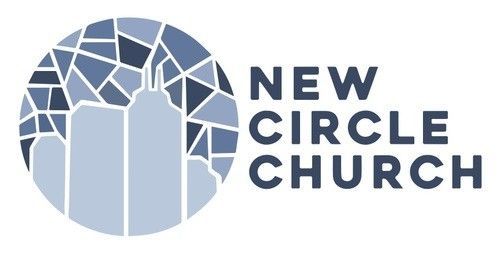Equipper Blog

In the aftermath of Charlie Kirk’s shooting, social media has been filled with perspectives, as is typically the case. I am reluctant to add mine as there seems to be no lack one way or the other. To be clear, this is not just about Charlie Kirk, this is about violence across the board. I did not feel led to write this because it was Charlie Kirk specifically, but rather another in a long and winding line of acts of violence, that my ministering at Va. Tech gives me a bit of personal experience with. But as I have just finished teaching two classes on Christian Ethics, and as I was encountering again the spread of responses from my Christian sisters and brothers, I felt led to look at this event through that lens. Ethics, at its base, seeks to answer the question, “What is better or worse? Good or bad?” As a follower of Jesus, this is what seems right to me… 1. We never celebrate harm. Whatever our disagreements, rejoicing at a shooting violates the bedrock claim that every person bears the imago Dei (Gen 1:27). Scripture is explicit: “Do not rejoice when your enemy falls” (Prov 24:17); “Love your enemies, pray for those who persecute you” (Matt 5:44); “Do not be overcome by evil, but overcome evil with good” (Rom 12:21). I don’t love blasting verses like this, but you cannot get away from them if you are reading the scriptures. 2. Moral responsibility sits with the shooter—full stop . Saying “his rhetoric got him shot” smuggles in a just-world logic that excuses violence. As a contextual theologian, I have an enormous amount of respect for the impact our various narratives have in shaping our understandings of the world around us. They are inescapable. But that is not what I am talking about here. Ideas can be wrong, harmful, or worth opposing vigorously, but vigilante ‘payback’ is never a Christian category. My primary gig is that of a consultant for churches and non-profits. Today, in my meetings and among friends, I have heard some variation of “He got what he deserved,” and “I vote for some very public justice for the shooter.” Both of these views speak of revenge; the follower of Jesus is called to lay these down as our Messiah did. Not asked to, told to. 3. Grief and outrage about gun violence are legitimate; schadenfreude is not . Channel the pain toward nonviolent, concrete action (policy advocacy, community intervention, survivor support), not dehumanization. Here are four thinkers who have had a profound impact on the Christian ethic I try to work out in this world. As I share them, three things are worthy of mention. One, I certainly do not claim to follow their guidance perfectly, and at times I do not even do it well, but they have all given me what seems like a Jesus-centered and faith-filled direction to move in. Second, I do not claim to speak for them in this particular matter; I am merely showing how my ethical lens has been formed. Third, clearly I am not dealing with all the components of our response to these types of violence, this is not a comprehensive treatment, merely the reflections in the moment. Stanley Hauerwas : “Christian nonviolence is not a strategy to rid the world of violence.” It’s part of following Jesus, not a tactic we drop when it’s inconvenient. Stanley Hauerwas, Walking with God in a Fragile World, by James Langford, editor, Leroy S. Rouner, editor N. T. Wright : “The call of the gospel is for the church to implement the victory of God in the world through suffering love.” Simply Good News: Why the Gospel Is News and What Makes It Good. In other words, we answer evil without mirroring it. David Fitch : Our culture runs on an “enemy-making” dynamic; even “the political rally… depends on the making of an enemy. Don’t let that train your soul.” The Church of Us vs. Them. Sarah Coakley : Contemplation forms resistance, not passivity. For Coakley, sustained prayer trains perception and courage so Christians can resist abuse and give voice against violence (it’s not quietism). “Contemplation, if it is working aright, is precisely that which gives courage to resist abuse, to give voice against violence.” Sarah Coakley, God, Sexuality, and the Self. Coakley would say that far too often we react before we reflect. This is the problem that Fitch is getting at in much of his writing, that our culture actually runs on antagonisms, the conflict between us. We need to find a better way.














